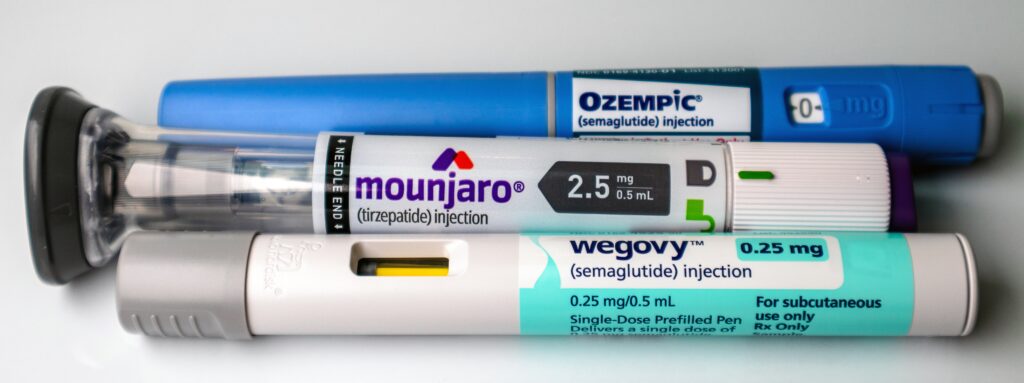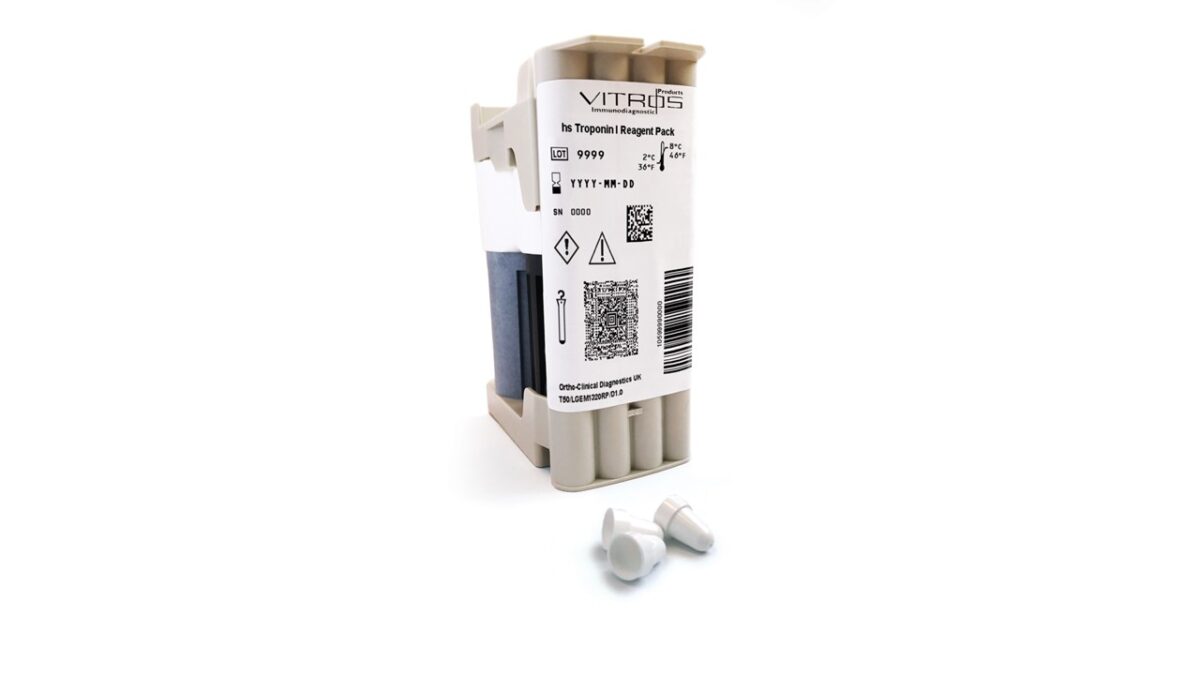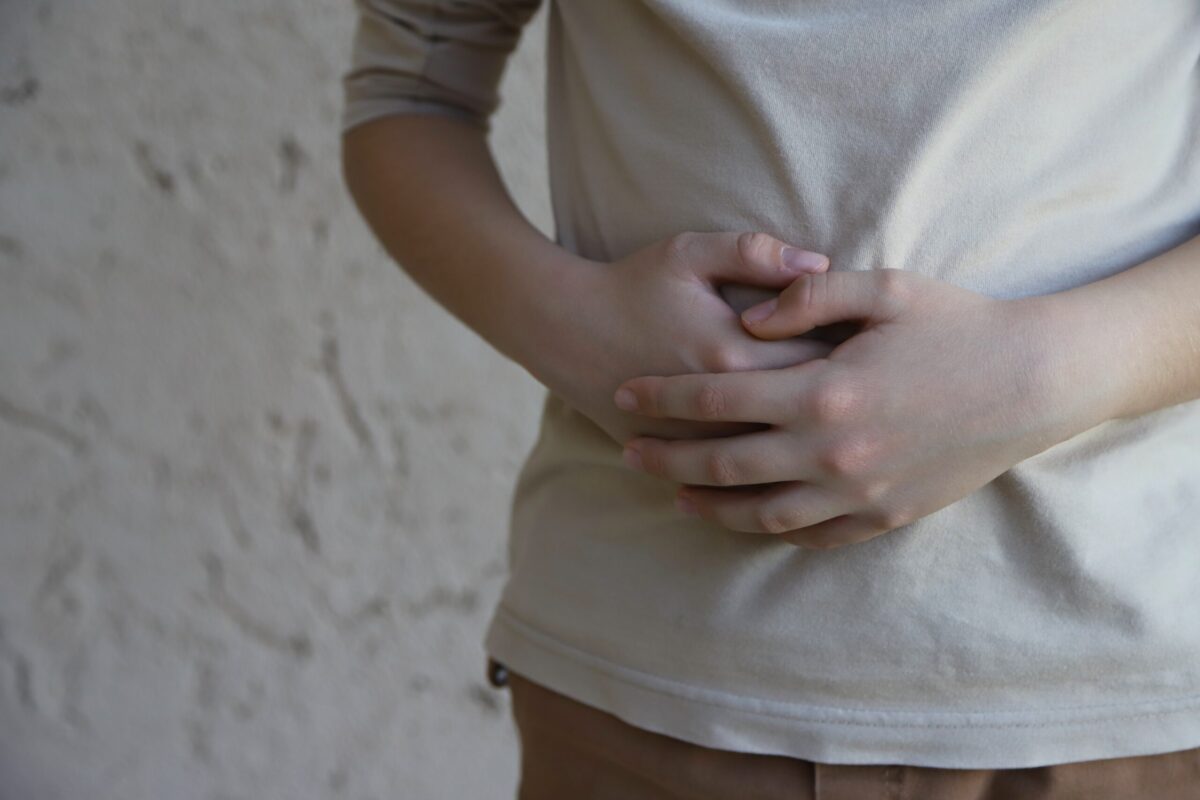The Trump administration announced yesterday that it had reached major pricing agreements with Eli Lilly and Novo Nordisk for their GLP-1 obesity medications.
The deals, made under the administration’s Most-Favored-Nation (MFN) prescription drug pricing policy, will slash the monthly cost of leading weight-loss medications by up to 74%, bringing prices down to a fraction of what many Americans currently pay.
Under the terms of the agreement, the injectable versions of popular GLP-1 drugs such as Novo’s Wegovy (semaglutide) and Lilly’s Zepbound (tirzepatide) will be offered at $350 per month, compared to prior list prices that ranged from $1,000 to $1,350 per month.
For federal government payers, Medicare and Medicaid, copays are slated to fall to around $245 per month starting in mid-2026. The copay for Medicare beneficiaries will be $50 per month.
The drugs will be available at the lowered prices via new direct-to-consumer platform, TrumpRx.
The deal also covers forthcoming oral GLP-1 medications, such as Lilly’s upcoming GLP-1 offering orforglipron, which, if approved, are projected to cost as little as $145 to $150 per month for eligible users.
Lilly said it will also offer its diabetes drugs Trulicity and Mounjaro at a 50% to 60% discount to current list prices through its DTC platform, LillyDirect.
The agreement with Lilly will also include the company’s migraine prevention drug Emgality (galcanezumab-gnlm).
Related: Novo Nordisk Ignites High-Stakes Bidding War with Pfizer for Obesity Biotech Metsera
Obesity-related chronic diseases (diabetes, cardiovascular disease, sleep apnea) remain a huge public health and cost burden in the US.
By negotiating lower prices for medications to treat these conditions, the Trump administration claims it is advancing both access and affordability.
“Obesity is a disease of poverty, and these obesity drugs have only been available for people who have wealth,” HHS Secretary Robert F. Kennedy, Jr. said. “At one time, the highest concentration of prescriptions in this country was the Upper West Side of Manhattan. What about the people who live in rural areas, who live in food deserts?”
Expanding Medicare coverage could have an even greater impact on access, as the program insures roughly 66 million Americans and serves as the primary source of coverage for those 65 and older. The new coverage for obesity medications will be introduced through a pilot program under Medicare Part D, which administers prescription drug benefits to most enrollees.
According to reporting by CNBC, a senior administration official disclosed that about 10% of Medicare beneficiaries are expected to qualify for GLP-1 medications for obesity, cardiovascular or metabolic health benefits.
Eligible patients will be grouped into three categories, beginning with individuals who are overweight (BMI over 27) or have prediabetes or established cardiovascular disease; a second group with obesity (BMI >30) and uncontrolled hypertension, kidney disease or heart failure; followed by a third group of patients with severe obesity, or anyone with a BMI greater than 35.
Kennedy Jr. said that Americans will “lose 125 million pounds by this time next year” because of the agreements.
Trump Reiterates Commitment to Make America Healthy Again (MAHA)
At the unveiling of the agreements, President Trump also reaffirmed his commitment to transforming the US healthcare system to promote wellness and tackle the root causes of chronic disease, under the administration’s Make America Healthy Again (MAHA) initiative.
MAHA aims to realign incentives, foster public-private partnerships, promote the benefits of nutrition and exercise awareness and advance critical research.
The announcement cites that according to the CDC, roughly 40% of American adults are living with obesity, a condition that significantly increases the risk of type 2 diabetes, hypertension, heart disease, stroke and several cancers.
By expanding access to effective, evidence-based obesity treatments, today’s announcement offers new hope for millions of Americans. When paired with healthy lifestyle changes, these medications could help reverse the nation’s obesity epidemic and reduce the burden of chronic disease for generations to come.
Promoting US Drug Manufacturing and Ending “Global Freeloading”
In the announcement, the administration also stated that it is committed to ending “global freeloading” on American pharmaceutical innovation.
“President Trump is taking decisive action to rebalance a system that has allowed pharmaceutical manufacturers to offer low prices to other wealthy nations while charging Americans significantly higher prices,” the statement reads.
The White House cited that according to recent data, “the prices Americans pay for brand-name drugs are more than three times the price other Organization for Economic Cooperation and Development (OECD) nations pay, even after accounting for discounts manufacturers provide in the US.”
Despite having less than 5% of the world’s population, roughly 75% of global pharmaceutical profits come from American taxpayers, the administration explained.
“Drug manufacturers benefit from generous research subsidies and enormous healthcare spending by the US Government. Instead of passing that benefit through to American consumers, drug manufacturers then discount their products abroad to gain access to foreign markets and subsidize those discounts through high prices charged in America. Americans are subsidizing drug-manufacturer profits and foreign health systems, both in development and once the drugs are sold.”
The notice also outlined how the US pharmaceutical supply chain is being strengthened by players like Lilly and Nordisk, who are making major new commitments to expand domestic manufacturing and “reduce dependence on foreign production.”
While Novo plans to invest an additional $10 billion to bolster its US operations, including full end-to-end production of its oral Wegovy tablet, pending FDA approval, Lilly has announced more than $27 billion in new US manufacturing investments aimed at securing domestic supply and supporting future growth.
Last month, Pfizer became the first pharmaceutical company to finalize a pricing agreement with the White House, committing to offer select prescription drugs at reduced MFN prices. The company also confirmed its plans to participate in the TrumpRx platform.
AstraZeneca shortly followed suit, reaching an agreement to lower costs for eligible US patients with chronic disease prescriptions and to make several of its medications available through TrumpRx.
In addition, EMD Serono, the US subsidiary of Germany’s Merck KGaA, announced it will provide its fertility therapies at significant discounts via the TrumpRx platform.
In May, Trump introduced his MFN drug pricing plan through an executive order, and by July, he began putting pressure on industry by sending out letters to 17 of the world’s largest pharma companies. The letters urged these companies to extend MFN pricing to “every single Medicaid patient” and to commit not to offer lower prices in other comparable countries than those available in the US.
Trump gave the companies a 60-day deadline to respond, warning that if they failed to “step up” and take meaningful action on drug pricing, the White House would “use every tool in our arsenal to protect American families from ongoing abusive pricing practices.”
MFN Incentives
To assist companies in their pricing transitions, the administration granted Pfizer a three-year exemption from Section 232 tariffs on pharmaceutical imports. Lilly and Nordisk confirmed that their agreements also include a three-year period of tariff relief.
According to reporting by Fierce Pharma, the FDA announced that it has awarded Commissioner’s National Priority Vouchers (CNPVs) to Lilly for its orforglipron approval application and to Novo for an expanded indication for Wegovy. Four other companies also received vouchers under the program.
The CNPV initiative accelerates FDA review timelines for applications that address unmet public health needs or come from companies recognized as advancing the nation’s strategic health interests. To date, 15 vouchers have been issued through the CNPV program.













Join or login to leave a comment
JOIN LOGIN